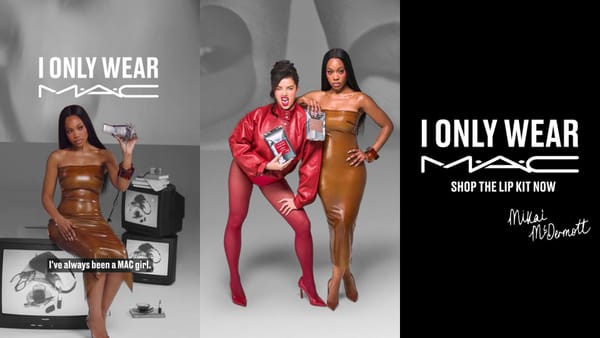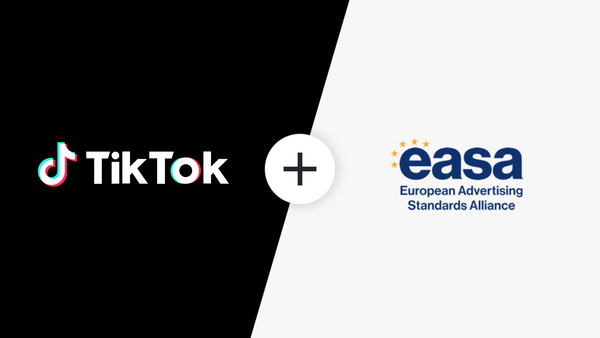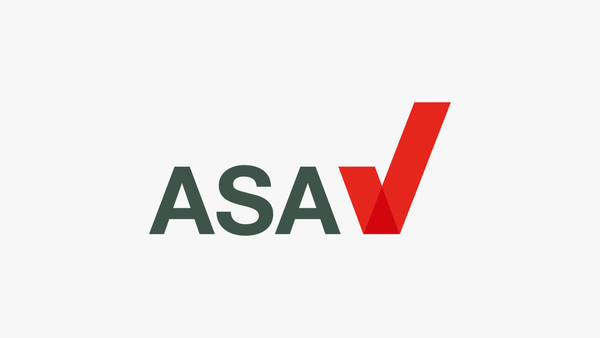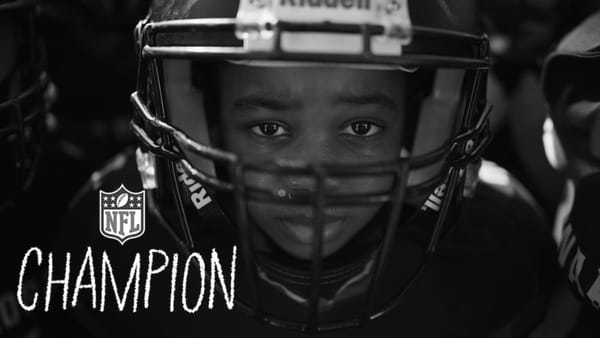Influencer marketing platform, Wearisma, has shared findings from a global study focussing on how brands are leveraging the rise of consumer interest in South Korean popular culture to drive engagement and performance across social media platforms.
The study reveals that total engagement for #kpop grew by 76% last year (from 387 million in Q4 2020 to 682 million in Q4 2021) and that in the four months following the launch of Squid Game on Netflix on 17 September 2021, #squidgame achieved a 46% engagement rate globally across all social platforms, accumulating an incredible six billion total engagements.
In 2021, across all platforms globally, #southkorea gained 40 million total engagements, up from 33 million in 2020 and 15 million in 2019. The increased interest in South Korean culture beyond K-pop and Squid Game highlights the opportunity for brands outside these two niche phenomena.
Exploring culture through content
Western consumers are eager to engage with new and exciting content that offers a different cultural perspective with several recent South Korean cultural exports taking the world by storm. For brands, taking consumers outside their own cultural experiences offers an opportunity to speak to audiences in new, exciting ways.
The researched data shows that brands such as global heavyweights McDonald’s and YSL have leveraged insights into popular South Korean trends to drive increases in brand awareness. In April 2021, McDonald’s partnered with K-pop boy band BTS and launched the BTS Meal with their ‘Famous Order’ campaign which quickly became the number one social media trend in the US and number two globally. In just one month #TheBTSMeal received a 107% increase in engagement rate across all platforms globally. Shortly after, in June 2021, BTS featured on the cover of Rolling Stones, solidifying their undisputed title as the biggest boy band in the world.
Luxury brand YSL appointed K-Pop Band Black Pink’s Rosie as a global ambassador which saw Rosie’s Instagram posts mentioning YSL receiving an average of five million engagements over the last six months. Additionally, Rosie has benefitted from an 11 million increase in followers in the six months following the launch of the campaign.
The research also shows how South Asian brands such as Thailand’s Kbank acquired more than 500,000 new client accounts and issued one million branded cards in the four weeks following a partnership with K-pop girl band Black Pink.
What to expect in 2022
“Regurgitating old, familiar tactics doesn’t deliver in today’s global social media sphere. The rapid increase of global consumer interest in South Korean culture and entertainment during 2021 has opened up huge opportunities for brands looking to diversify and expand their influencer partnerships.
“Today’s social media audiences are easily bored and partnering with influencers that are aligned with the latest trends enables brands to stay top of mind,” said Jenny Tsai, CEO, Wearisma.
In 2022, it is expected that more Western brands will align with the cultural shifts we’re seeing and realign their strategies for a more globalised approach.
Technological developments have encouraged the globalisation of diverse forms of popular culture, allowing influencers to connect with people from across the world all at the same time. In 2022, there will be an increase in the adoption of live-streaming technology that enables brands to build meaningful two-way relationships with consumers.
The fast-paced nature of social media means that technology and data platforms that provide brands with powerful insights into the most relevant influencers will become a must-have in order to reach audiences when trends are emerging and at their peak.









